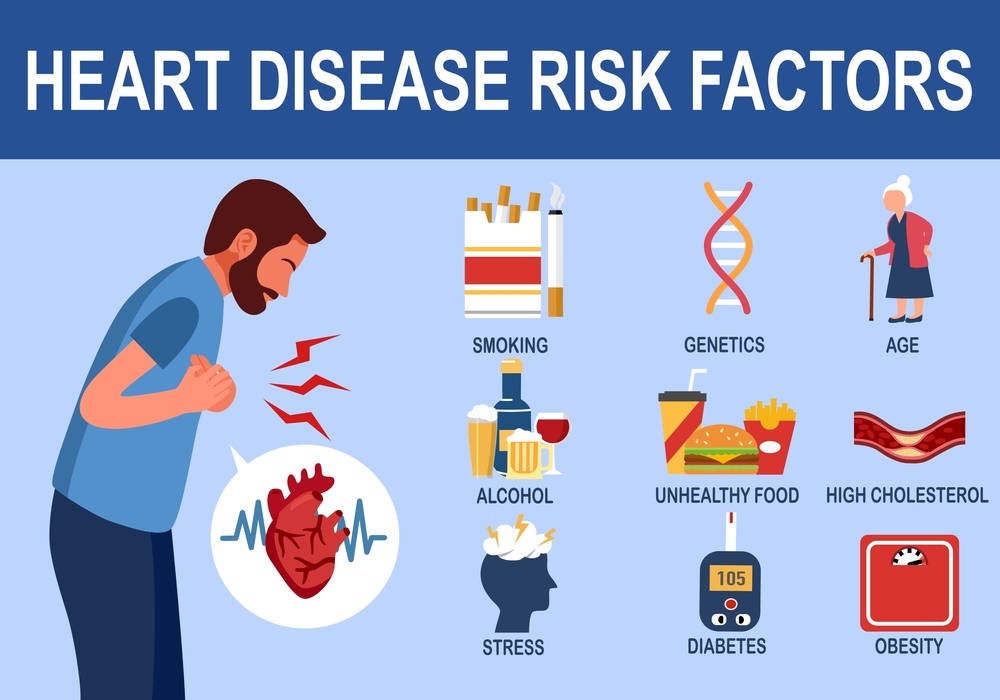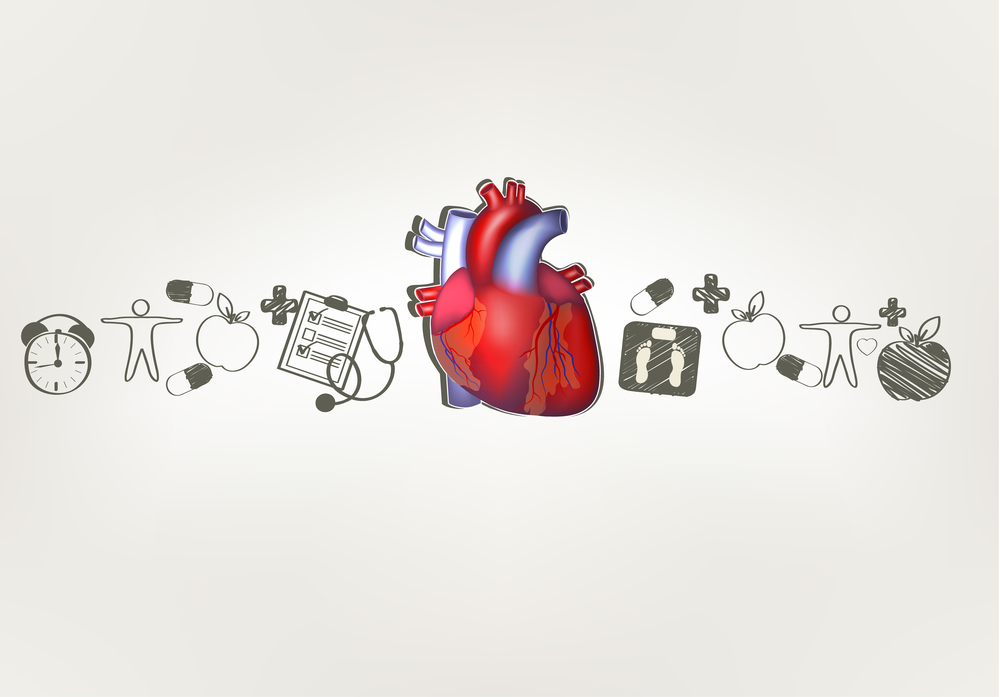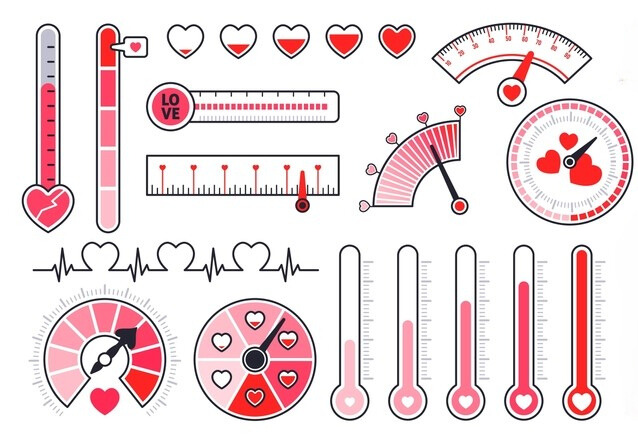Treatment Costs of Complications: Cardiovascular events, such as heart attacks, strokes, and heart failure, often result in expensive medical interventions:
-
- Hospitalizations and Surgeries: Emergency treatments for heart attacks or strokes, including hospital stays, surgeries (e.g., angioplasty, stent placement, bypass surgery), and post-surgery care, can incur significant costs. These expenses can quickly accumulate, especially if multiple interventions are required.
- Chronic Management: Conditions like chronic heart failure require ongoing care, including frequent medical visits, medications, lifestyle modifications, and sometimes complex procedures (e.g., pacemaker implantation). The long-term costs of managing chronic cardiovascular conditions can place a continuous financial strain on individuals.
- Long-Term Medication and Monitoring Costs:
- Medications: The management of cardiovascular diseases typically involves lifelong use of medications, including blood pressure pills, cholesterol-lowering drugs (statins), blood thinners, and other heart-specific medications. Over time, the cost of these medications can add up significantly.
- Regular Health Monitoring: Frequent check-ups, blood tests, ECGs, echocardiograms, stress tests, and other diagnostic evaluations are essential for monitoring heart health. These routine evaluations, while crucial for effective management, contribute to the ongoing financial burden.
- Indirect Costs: The indirect costs associated with cardiovascular disease can further impact an individual’s financial well-being:
- Lost Income: Cardiovascular events and the recovery process may result in extended time away from work, leading to lost wages. Frequent doctor visits and hospitalizations can further disrupt employment and income stability.
- Disability Costs: Severe cardiac events, such as major heart attacks or strokes, can lead to partial or complete disability. This may limit an individual’s ability to work, necessitate home modifications for mobility, and require ongoing support for daily activities, all of which contribute to additional personal expenses.
- Quality of Life: While not directly quantifiable in financial terms, the reduction in quality of life due to chronic pain, limited mobility, fatigue, and psychological stress can affect overall well-being and may require resources for mental health support and physical therapy.
Preventive Value: Identifying your cardiovascular risk early and taking proactive measures can significantly reduce the likelihood of these costly health complications. By managing your cardiovascular health through lifestyle changes, medication, and regular monitoring, you can potentially avoid or delay the onset of severe heart conditions, thereby minimizing both direct medical costs and indirect financial burdens






